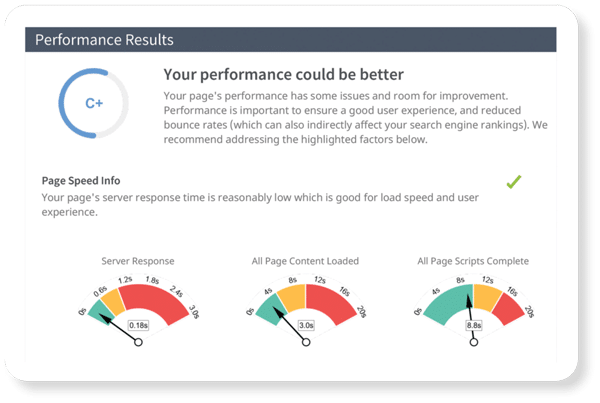It’s no secret that the legal industry is competitive, which means every aspect of legal marketing – from the design of your website to your search engine optimization – must be finely tuned to avoid losing out on clients. Managing your online reputation has become incredibly important in a world where up to 95% of people looking for a service are conducting searches online first. Managing online reviews is part of that process, as searchers read reviews to see what clients are saying about their experiences with you, as well as how you respond.
Managing your reviews correctly can mean attracting more clients, but how do you accomplish that?
How to Get More Clients With Online Reviews
Online reviews matter – not just to your prospective clients, but also to search engines. The good news is that both humans and robots are looking for the same three things.
- The number of reviews. Generally, more is better. The easiest way to get more reviews is to regularly request them from your clients. Setting up an automated request system will cut down on the amount of manual work required to get a consistent influx of reviews.
- The overall sentiment of the reviews. Sentiment in this case means more positive reviews than negative reviews.
- Your responses to negative reviews. Negative reviews are a chance to show potential clients how you handle complaints. Crafting a good response takes a bit of strategy, particularly for legal practices.
How to Respond to Negative Legal Reviews
- Don’t ignore it. Readers expect to see you respond to negative reviews.
- Know your state’s rules. Depending on where you practice, you’ll have rules about what you can and can’t say in your response. Make sure you adhere to these rules. As a general rule, always keep your client’s confidential information just that – confidential.
- Make sure it’s a valid review. Reviewers often mix up practices. Double check that the person doing the reviewing was actually your client before responding.
- Avoid addressing the reviewer directly. Even if you’re being personally attacked, never attack a reviewer back. Make sure to keep your response professional and impartial.
- Say thank you. It feels counterintuitive, but thanking a reviewer goes a long way in diffusing tension.
- Take the conversation offline if necessary. If a client has a legitimate issue that warrants it, invite them to contact you directly to resolve the issue.
We Can Help
Generating legal reviews and managing responses can be a time consuming job. MyAdvice makes it easy with Review Power, the tool designed to make it easy by bringing everything you need to one place. Contact one of our marketing experts to see how reviews can help your law firm attract more clients.


